INTERCULTURAL COMMUNICATION AND MULTICULTURAL CHALLENGES IN EDUCATIONAL SPACE
September 20, 2024Annotation. The definition and facts of multiculturalism are given in this article, also it provides information about the features and basic concepts of intercultural communication in multicultural education space and challenges of multiculturalism.
Keywords: Multiculturalism, intercultural communication, political philosophy, cultural groups, gender inequities, cross-cultural communication.
Intercultural communication is a function of teaching and learning. Every day in the classroom, teachers and students cross-generational, cultural, and linguistic barriers, and educators’ observation on this constant contact helps both teachers and students learn.
Particularly when moving abroad, learning a new language and acclimating to a new culture are essential elements in becoming adjusted to new surroundings. After all, learning about the worldview and behaviors, not only the vocabulary and grammar, is the main objective. By being self-aware and believing oneself to be an active participant in diverse cultures, one might extend their own perspective.
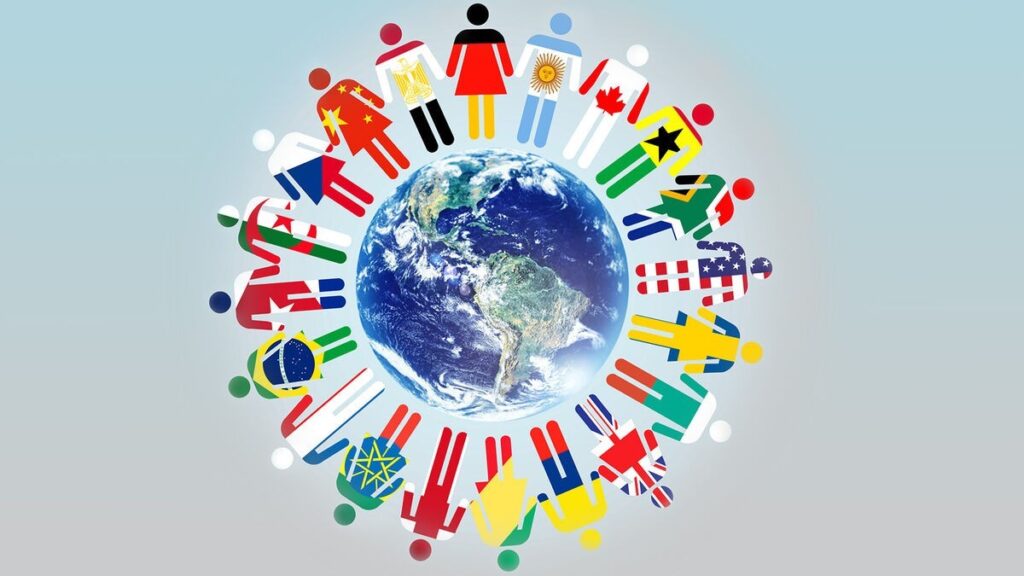
Intercultural communication acknowledges the coexistence of various cultures in a single setting, much like multicultural communication does. But it goes a step further by emphasizing the fruitful interactions that happen frequently between civilizations. Any relationship between two people has the potential to be cross-cultural if persons can embody or perform multiple cultures. Even within English, there are numerous cultural influences at work; they may or may not speak the same language. However, from the perspective of translation and interpretation, an intercultural moment is likely most obvious when it occurs across languages.
Multiculturalism as a political philosophy involves ideologies and policies. It serves as both a reaction to the fact that there are many different cultures in contemporary democracies and a remedy for historical marginalization, prejudice, and oppression of some cultural groups. Members of most contemporary democracies represent a variety of cultural perspectives, behaviors, and contributions. In the past, many minority cultural groups have been excluded or had their contributions and identities diminished. While upholding respect for their differences and refraining from calling for their assimilation into the dominant culture, multiculturalism aims to include the opinions and contributions of other members of society.
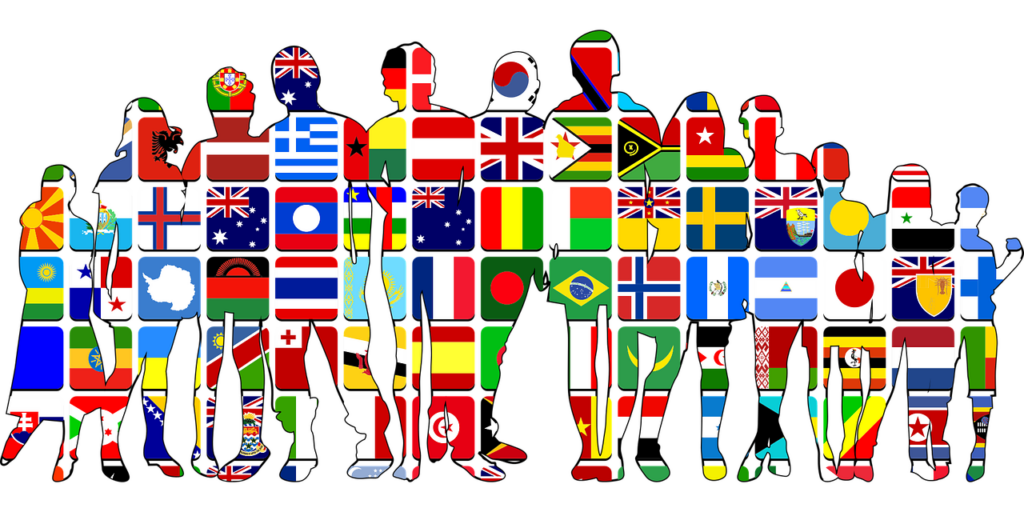
Revisions to curriculum, particularly in Europe and North America, and the enlargement of the Western literary and other canons that started in the final quarter of the 20th century are some instances of how multiculturalism affected the social and political spheres. The contributions of minorities and underrepresented cultural groups have been incorporated into redesigned and extended curricula from the elementary to the university levels. The goal of that modification was to address what was thought to be an untruthful Eurocentric viewpoint that overemphasized the contributions of white European colonial powers and underemphasized those of Indigenous people and people of color.
The incorporation of the contributions that cultural groups have made in a variety of disciplines to the curriculum complements this correction and gives specific emphasis to accomplishments that were previously disregarded. An illustration of the movement is the creation of National Hispanic Heritage Month, Asian American and Pacific Islander Heritage Month, and African American History Month in the United States. The inclusion of works by members of underrepresented cultural groups in the canons of literature, history, philosophy, and the arts further reflects the desire to acknowledge and include the contributions of diverse cultures in order to enlarge society.
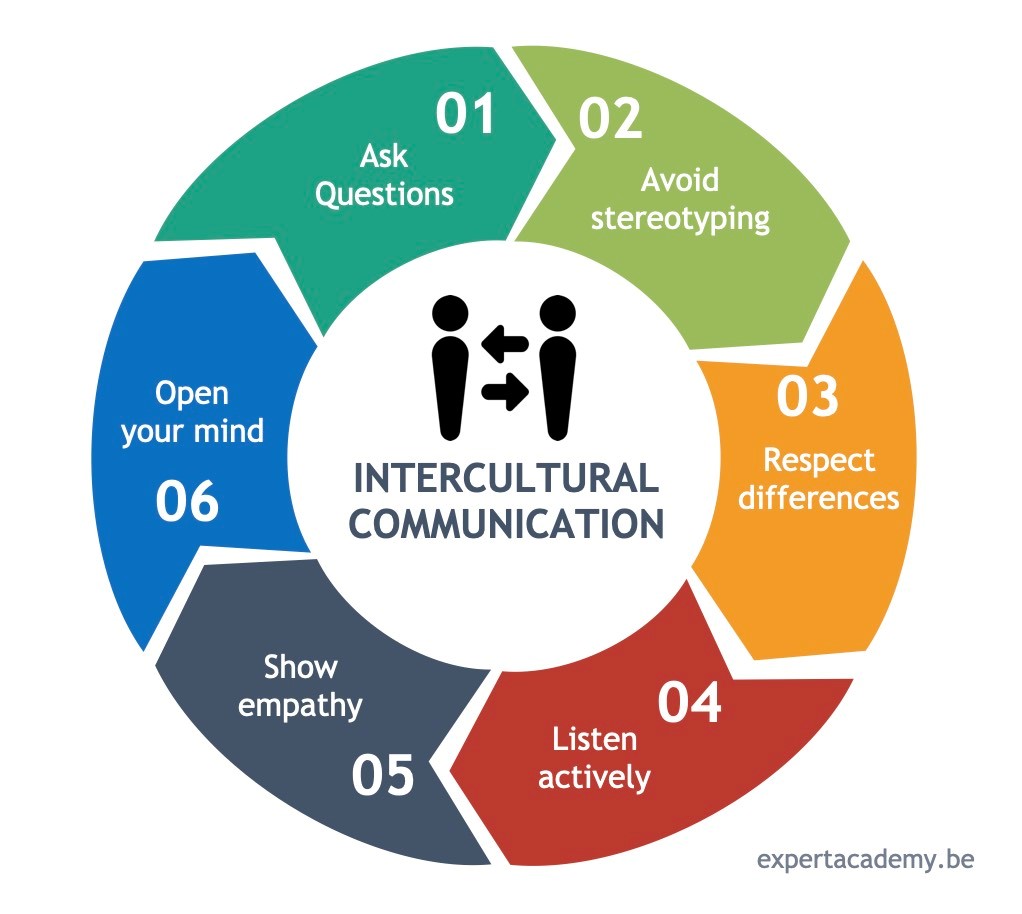
Two main criticisms of multiculturalism exist. One is that multiculturalism may weaken the common good in favor of a minority interest by elevating the interests of some groups above the good of others. If people identify more as members of certain ethnic or racial groupings than as citizens of a single nation, national unity may become unachievable. The second is that diversity undercuts the idea of equal individual rights, diminishing the political significance of treating everyone equally. Equal individual rights may be disregarded or minimized in favor of those held by the collective.
There are further issues with multiculturalism. Which cultures will be acknowledged is a concern. The power of the dominant culture may be strengthened if multiculturalism results in competition between cultural groups competing for recognition, according to certain thinkers. Such rivalry might even trigger a response in which the dominant culture perceives itself as a persecuted minority in need of support and protection. The emphasis on cultural group identity may also limit the potential for political movements to coalesce despite disagreements. Some Marxist and feminist thinkers have voiced concern about the blurring of other significant differences that society’s members share but do not necessarily include a shared culture, such as class and sex, and the ensuing disregard of measures that would reduce economic and gender inequities. Concerns about acts that promote cultural diversity but not ones that address historical prejudice, because they pose a danger to the position of the dominant group, are connected.
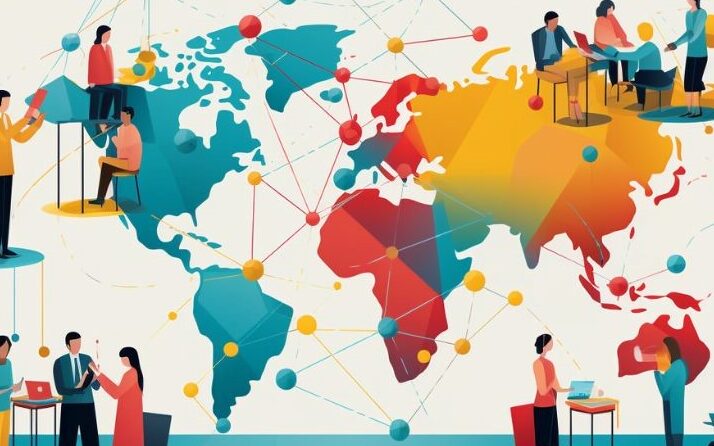
Foreign language instruction is viewed increasingly specifically as a means of daily communication with representatives of a different culture on the foundation of higher education. A person with a broad education who is knowledgeable in several disciplines and has a strong foundation in both limited specializations and a broad sense is what higher education is meant to produce. For instance, to communicate with other technical specialists who only know another foreign language, technical specialists need to learn technical English or another foreign language.
In a world increasingly interconnected, intercultural communication and multicultural challenges within education are not just important, but essential. We’ve explored the complexities of navigating different cultural perspectives, languages, and learning styles. We’ve recognized the need to address implicit biases and build inclusive learning environments. The journey towards truly inclusive education is not a destination but a continuous process. It requires ongoing effort, dialogue, and a commitment to understanding and celebrating diversity. By equipping educators and students with the tools and resources to navigate intercultural communication, we can foster a more equitable, enriching, and globally competent learning experience.
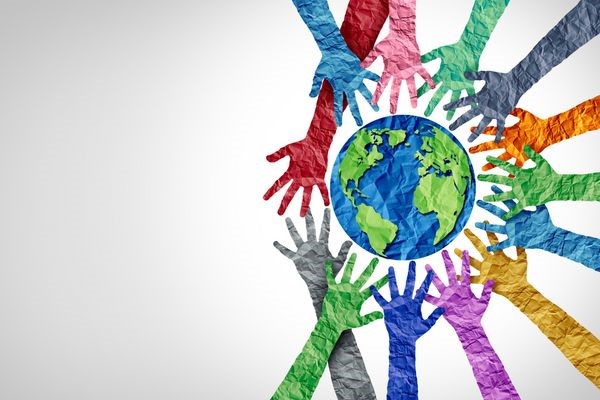
So, multicultural refers to countries with a range of cultural groupings, often as a result of immigration, whereas intercultural refers to diversity between different nations. The future of education lies in its ability to embrace multiculturalism and harness the power of diverse perspectives. Let us work together to build educational spaces where every voice is heard, every learner feels valued, and where understanding becomes the bridge across cultural differences.
Shahrizoda Xasanova
4th Year Student, International Journalism Faculty
Uzbekistan State World Languages University, UZSWLU

